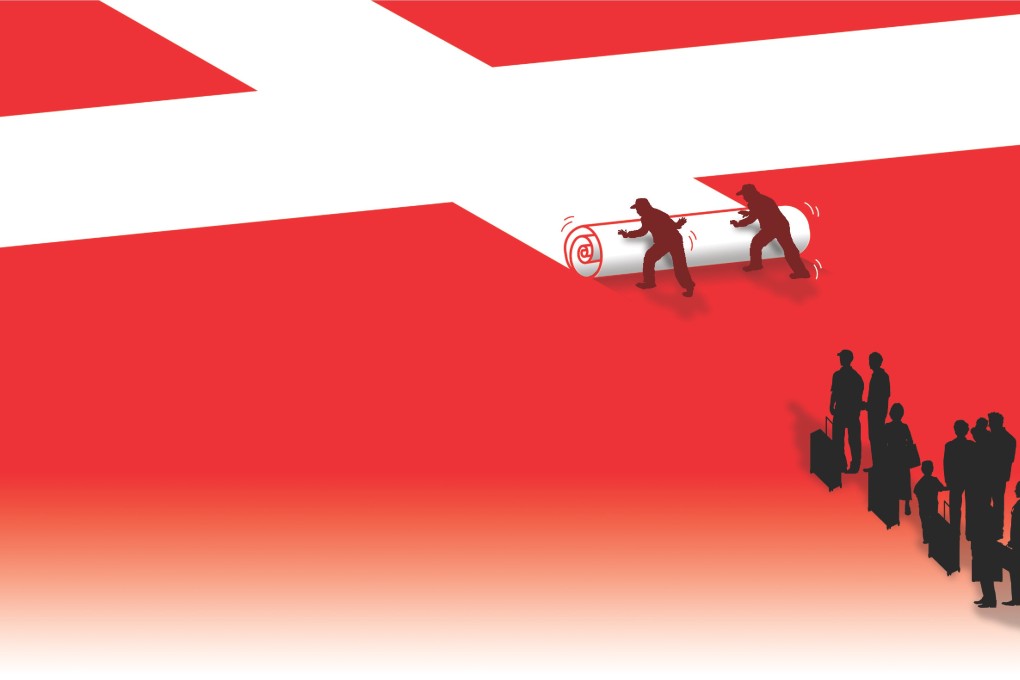Swiss succumb to politics of fear with vote to cap immigration
Voters' decision to cap immigration is harbinger of a growing anti-foreigner feeling in Europe

The decision by Swiss voters to cap immigration has imperiled relations with other European states, as it has burnished efforts by right-wing populists intent on spreading an anti-foreigner political agenda.
On Sunday, the Swiss narrowly backed a proposal to curb the country's open-borders treaty with the 28-nation European Union, of which it is not a member. Voters were stoked by fears of overpopulation and Europe's rising numbers of Muslims.
The vote's impact is echoing well beyond the country's Alpine peaks, bringing retaliatory threats from leaders across the continent and worries that the move could shake the European economy.
People are uneasy about unlimited freedom of movement
The vote in Switzerland - home to Nestle, the world's biggest food company, and international drugmakers Roche Holding and Novartis - could make it difficult to hire foreigners, some business leaders warned.
The government has three years to implement the new rules, which will primarily affect workers from the EU, many of them highly qualified.
About 20 per cent of Swiss residents are foreigners and 45 per cent of employees in the country's chemical, pharmaceutical and biotech industry are not Swiss.
Officials in Brussels, the EU's administrative capital, warned that the vote could threaten Switzerland's access to the 500 million consumers of the bloc, which stretches from Greece to Ireland and from Latvia to Portugal, and is anchored by economic powers Germany and France.